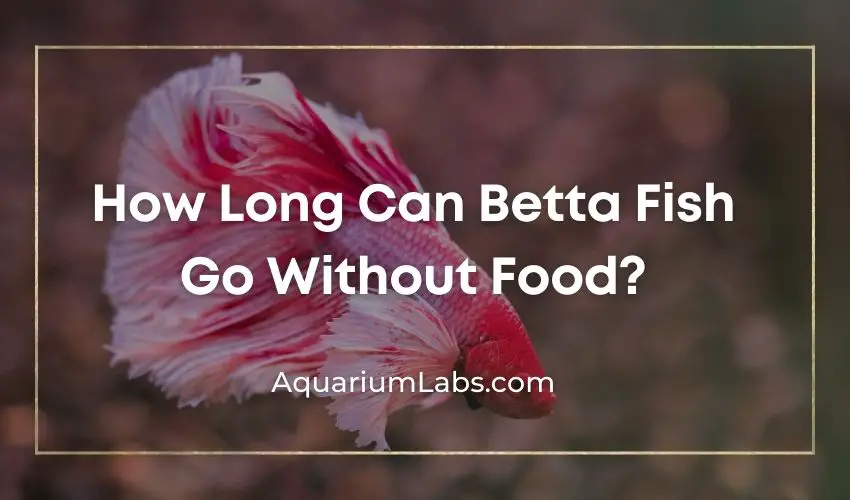One of the best aspects of caring for our pet betta fish is feeding them. Fish come right to the surface and engage with us during eating. They are at their most active and really appreciate the attention we lavish on them.
But what if we have to go away for a while – with our betta fish tank unattended, will they be okay without food? Or are we putting a healthy betta fish in real danger?
Just how long can betta fish go without food? Let’s take a closer look at this important question!
Do Betta Fish Need To Be Fed Every Day?
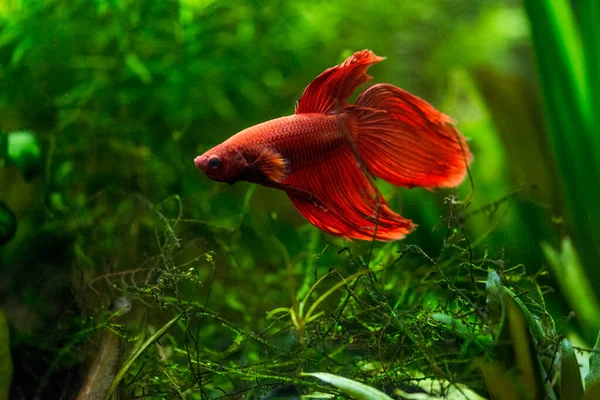
Let me first be clear: we do want to know how long betta fish can go without food. But that’s no reason to feed your betta fish regularly. If your fish go without food on a frequent basis, you might want to reconsider owning pets. That being said: how long can betta fish go without food?
Can A Betta Fish Not Eat For 3 Days?
If your betta fish go without food for up to 3 days, you really do not have anything to worry about.
For a weekend trip or short vacation, there is little preparation that you need to do other than ensure all of your equipment is running properly. And maybe top off your aquarium, so the water level does not evaporate too far.
When you return, your betta will be ready to gobble up some betta fish pellets. But he certainly won’t be starving or even severely stressed by the short fast. 3 days will be no problem for a well-fed betta fish that lives in a healthy environment!
Can Betta Fish Survive 5 Days Without Food?
Believe it or not, even 5 days is not likely to harm your betta fish.
We are getting into a longer period where stress levels could rise. Especially if your betta fish has an underlying condition, you weren’t aware of. The lack of food could make a mild sickness worse.
If you intend on leaving for up to 5 days, it is better to buy an automatic fish feeder to dispense food while you are away. You can have a fish sitter like a neighbor, coworker, or family member come by and feed once per day or more.
Just be sure to leave feeding instructions if your fish sitter is not someone who normally keeps wet pets. Otherwise, they might accidentally overfeed, which results in heavy water pollution. Or, almost as worse, underfeeding.
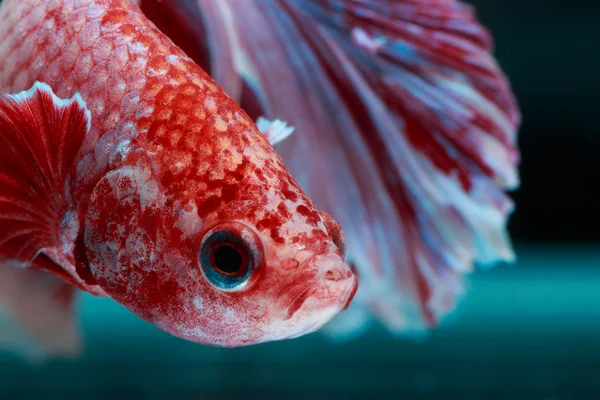
Or you can even take the entire betta fish tank over to a safe place. Since these are usually smaller tanks of around 1 to 3 gallons, it is easy enough to move one over to a family member’s house.
If you don’t feed your betta fish for 5 days, it is still unlikely to die from the fast. But it’s certainly not kind to do to your pet, especially when there are so many ways to keep it well-fed while you are away!
Can I Not Feed My Betta For A Week?
A responsible betta owner will likely feel bad and not want to go this long without feeding a betta fish. But even a week or no food won’t kill most fish.
I say “most” because we are definitely at the point where the lack of food is going to increase stress levels.
Your fish are less likely to be picky eaters at this point. They will have used up much of their internal fat reserves, which most fish don’t have very much of.
A betta fish underfed for a long time starts to become lethargic as it slips into starvation mode. It will take a few days to recover, depending on its quality and how much food it gets.
Betta fish can live up to two weeks without food. But we are definitely hitting starvation conditions at this point. And permanent damage can result from not having any food for this long.
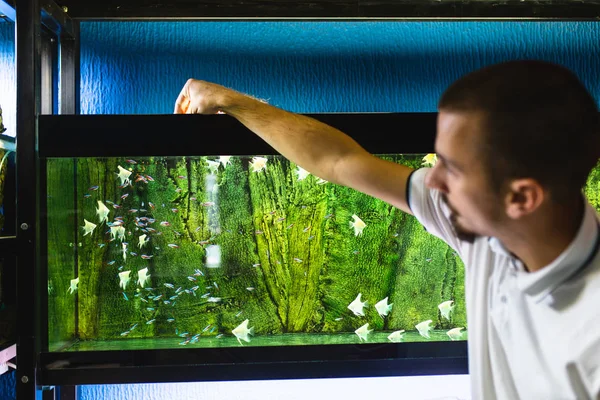
How Long Can Betta Fish Fry Go Without Food?
We have established that adult betta fish are very hardy, and you don’t need to be too worried if the fish feed runs dry for a short period.
But what about betta fry? Can they go without food for a long period?
Unfortunately, things get a little complicated when your pet fish have babies. Unlike adults, betta babies are not able to go long without food. They are growing at a tremendous rate, and that takes a constant supply of nutrition.
Baby betta fish can survive without food for 48 hours after birth. In fact, they won’t eat even if you feed them because they are absorbing all of the nutrition that their yolk sack contains.
But once this 48-hour period is up, your baby betta fish need food. And worse, they tend to be very picky eaters at first, looking out for microscopic live prey. Being predators, motion attracts them.
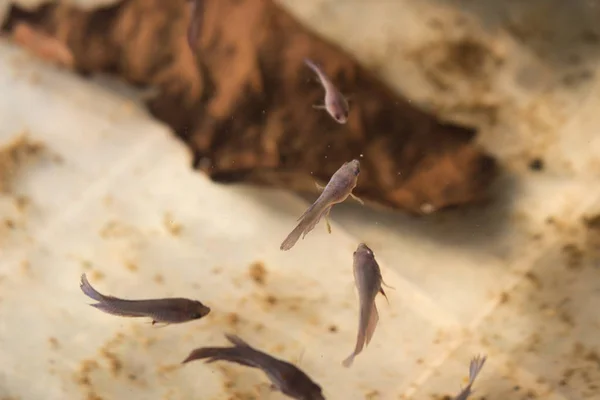
You can eventually wean betta fish fry onto powdered and frozen food. But the first few days are critical, and if they don’t eat right away, the betta fish fry will quickly die.
It is better to have a culture of infusoria in a small tank ready for your baby betta fish. This might be the first time that you’ve heard of infusoria. Fortunately, they are not difficult to raise on your own. Here is a short video on what infusoria are and how to raise them for baby pet fish!
How Healthy Is My Betta Fish?
Something else to consider is how healthy your betta fish is. A fish with underlying conditions is going to have a much harder time with not having any food than a healthy pet fish.
Before your trip, take a moment to study the behavior of your betta fish. Do you see signs of stress or disease? Here are a few common symptoms that you might want to think twice about:
- clamped or frayed fins
- listless behavior
- excess slime coat production
- cloudy eyes
- rapid or labored breathing
- red or white patches on the skin
A betta fish that has a mild condition may become severely ill while you are away and not feeding it.
It can even die if you aren’t there to treat it. So always take stock to determine how healthy your betta fish is before subjecting it to a period of fasting.
If you do see signs of stress levels rising, the next step is to examine your water conditions. Every fish keeper should have a master freshwater test kit on hand or a similar test kit.
These allow you to quickly and accurately determine the pH level as well as the concentration of nitrogenous waste products (ammonia, nitrite, and nitrate).
If you see anomalies in any of these parameters, you should perform a water change immediately and otherwise take corrective action.
Is It Healthy For Fish To Go Without Food For A While?
A short fast can actually do a pet fish some good once in a while. Many betta fish owners feed their fish so often that they very easily store fat reserves around their middles. These plump little fish never go without food.
But like any animal, humans included, it is good for betta fish to eat a little less now and again. And skipping meals – or even a day of food here and there – helps keep our pets in tip-top condition.
Why Should Betta Fish Eat Frequently?
Betta fish can eat once per day or up to three times per day. Is it better to feed lightly or more often?
How Often Should I Feed Betta Fish?
As it turns out, small but frequent feedings are best for betta fish healthy living! As carnivorous fish, betta fish normally eat small amounts of protein-rich food continually in nature.
Their favorite prey includes mosquito larvae, small fish fry, tiny shrimp, daphnia, and the like.
A betta fish’s stomach is not very large. The volume is around the same as a single eyeball. And their intestines are very short, just like other carnivorous animals. So food is very quickly processed and released out the other end.
Unlike herbivores that eat slowly digesting meals that last inside the gut longer, carnivores need frequent meals to stay sated. And betta fish are no exception.
Therefore, betta fish owners should feed as often as the water temperature of the tank allows for (see above). Two to three times per day, as much as the betta fish will eat without wasting any, is best for them!
Water Quality And How You Feed Your Betta Fish
There is more to volume when it comes to understanding betta fish’s general health and how to feed them. One important element to think about is the water temperature.
Betta fish, like nearly all fish, are ectothermic. This means that their body temperature and metabolism are mostly or entirely regulated by the external environment.
Unlike us mammals (endotherms), fish grow more active when it is warm and slow down when the water temperature is cool.
So what does this mean when discussing betta fish care?
If your aquarium’s water temperature is on the lower end, you should feed your betta fish less often. A warmer tank temperature means that the fish is more active and needs more food.
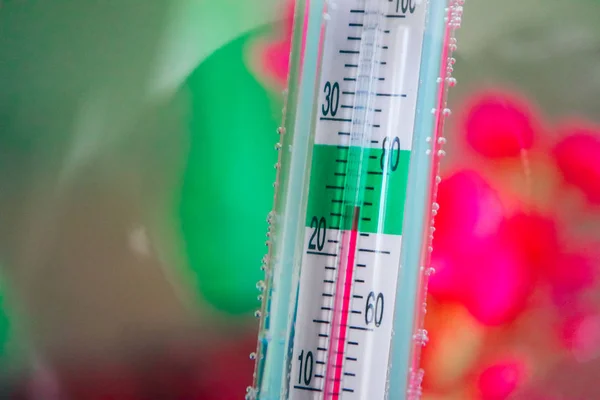
Since they are very tolerant of cool conditions, betta fish live in unheated aquariums and bowls for a long time. But these are still tropical fish and really should be kept with a heater.
This way, the water temperature never falls beyond the 75-84°F range they prefer.
If you keep your pets in unfiltered betta tanks, you need to be especially careful about how much you feed them. Any leftover food is not being processed by a filter, meaning most of the ammonia released is left in the tank, lowering the water quality.
Betta fish general health is almost always lower in unfiltered tank conditions. I always recommend using a filter in a betta tank for this reason.
Related Reading: Recommended Aquarium Filters for Fishkeeping Hobbyists
Just because a fish can tolerate poor conditions doesn’t mean you should keep them in polluted water at all times.
Not to mention the smell. An unfiltered betta tank tends to become smelly in just a few days. Why would you want that anywhere in your home?
How Can I Feed My Betta Fish While I Am On Vacation?
If you are going on a vacation that is too long for your fish to go without food, then maybe it is better to automate the process somehow. Here are three ways to ensure your betta fish don’t go without food for too long!
Using An Automatic Fish Feeder
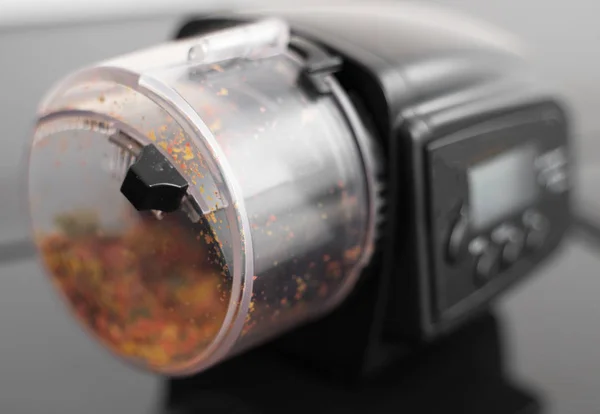
In my view, the best option for ensuring your pet betta fish does not go without food is to buy an automatic feeder.
These come in an endless variety online, but they all share the same basic design. Most are battery-powered, so they will remain functional even during a power outage.
An automatic feeder is programmed with a timer and left to run. They then dispense a set amount of food at the water’s surface as many times per day as the system allows.
The feeding job is done for you, leaving you free to enjoy your vacation without feeling guilty about your hungry betta fish.
Even if you are taking a short weekend trip, an automatic fish feeder is a good idea to keep on hand. That way, you don’t have to rely on anyone else to care for your pets on short notice.
Vacation Feeding Blocks
Many pet stores carry vacation feeders. These have been around for decades and offer a possible solution to the problem of how long betta fish can go without food. But if you aren’t careful, they can also cause new problems with water quality.
Vacation feeders are pressed blocks of gentle preservatives and freeze-dried food. Usually, they are a mixture of brine shrimp, krill, or tubifex worms. Once they hit the water, they gradually soften slow-releasing food that fish can nibble off of as they please.
The upside is that your fish have access to food whenever they are hungry. But the downside is that there is now a steady source of protein in your water.
Unless you have a heavily populated community tank, your betta fish won’t be able to eat all of the food. Some or even most of it will rot, causing ammonia levels to rise and water quality to drop.
In a small aquarium, the tank conditions can even become fatally poisonous if the water volume is too small and the ammonia concentration is too high. A filter will usually prevent this but not necessarily.
Still, if you intend on being gone 5 to 7 days and have no other option, vacation feeders are a solid and affordable choice!
Adding Live Fish Food
Another way to ensure your betta fish don’t go without food is to add live food to the tank! Live food won’t rot and stays fresh until your betta fish is ready to eat it.
Plus, watching betta fish go crazy for live food is a delight to witness! Many betta fish owners only offer prepared food, which makes their fish slow and lazy eaters. But they really come alive when they have to chase down a wiggling tubifex worm or brine shrimp.
Just make sure that you choose live food that will actually stay alive inside of a betta tank. Brine shrimp are saltwater animals and will eventually die if left in a freshwater aquarium.
It’s also important that the betta fish be able to find any live food that you add. Tubifex and blackworms will burrow into the gravel substrate over time and can be impossible for your betta to eat. Leaving him effectively without food for your trip.
Wrapping Up
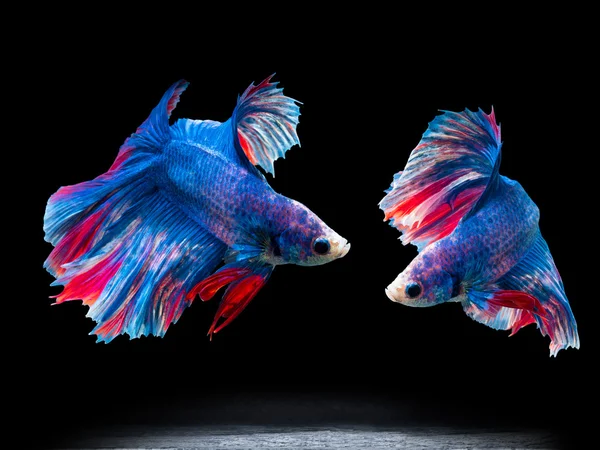
Planning a short or medium-length trip in the next few weeks?
Hopefully, you are less worried about your wet pets. Betta fish go without food often in the wild and will do fine if you are taking a weekend trip away. Even up to 5 days is no real cause for concern and requires little planning.
But what if you are looking at a week or more – or you just don’t want your pets to go without food for so long? Thankfully, you still have a number of creative solutions to the problem of feeding.
Automatic fish feeders ensure that your fish eat regularly and no one else has to step in. You can also try vacation feeders or even add a wriggling batch of live food to keep your betta fish happy.
But know that for short trips, your betta fish will remain happy and healthy, eagerly waiting for your return!
Related Reading:

